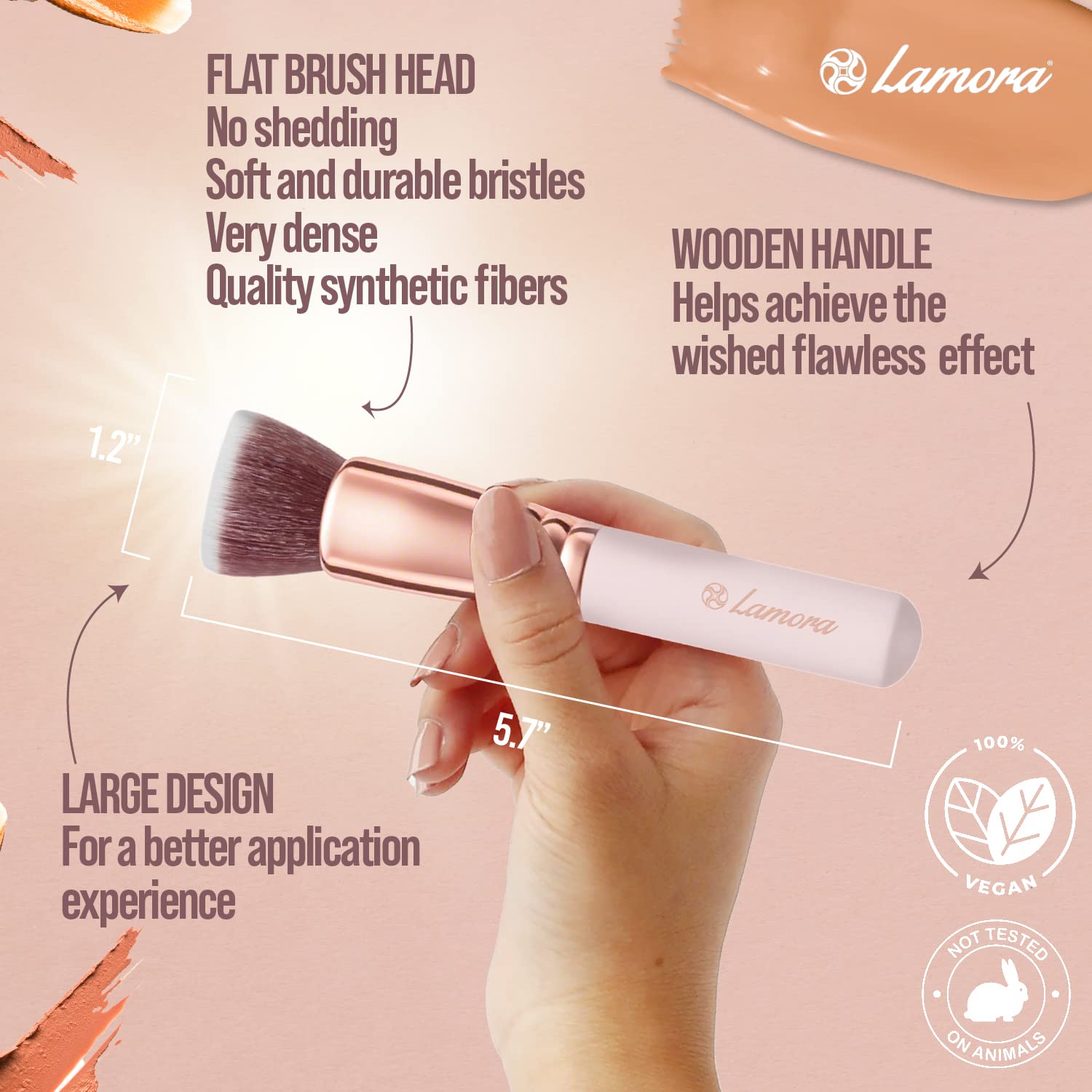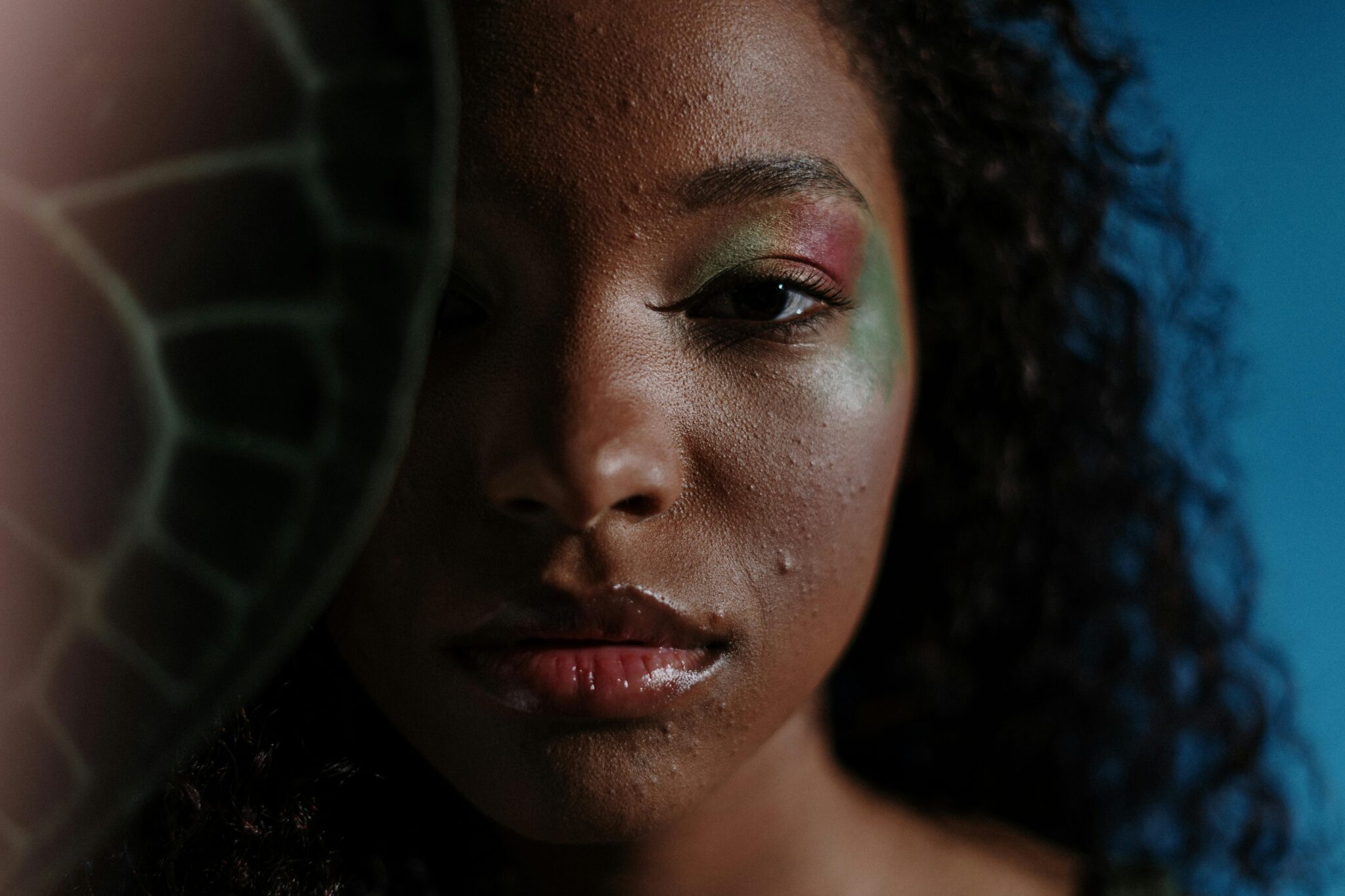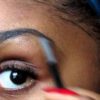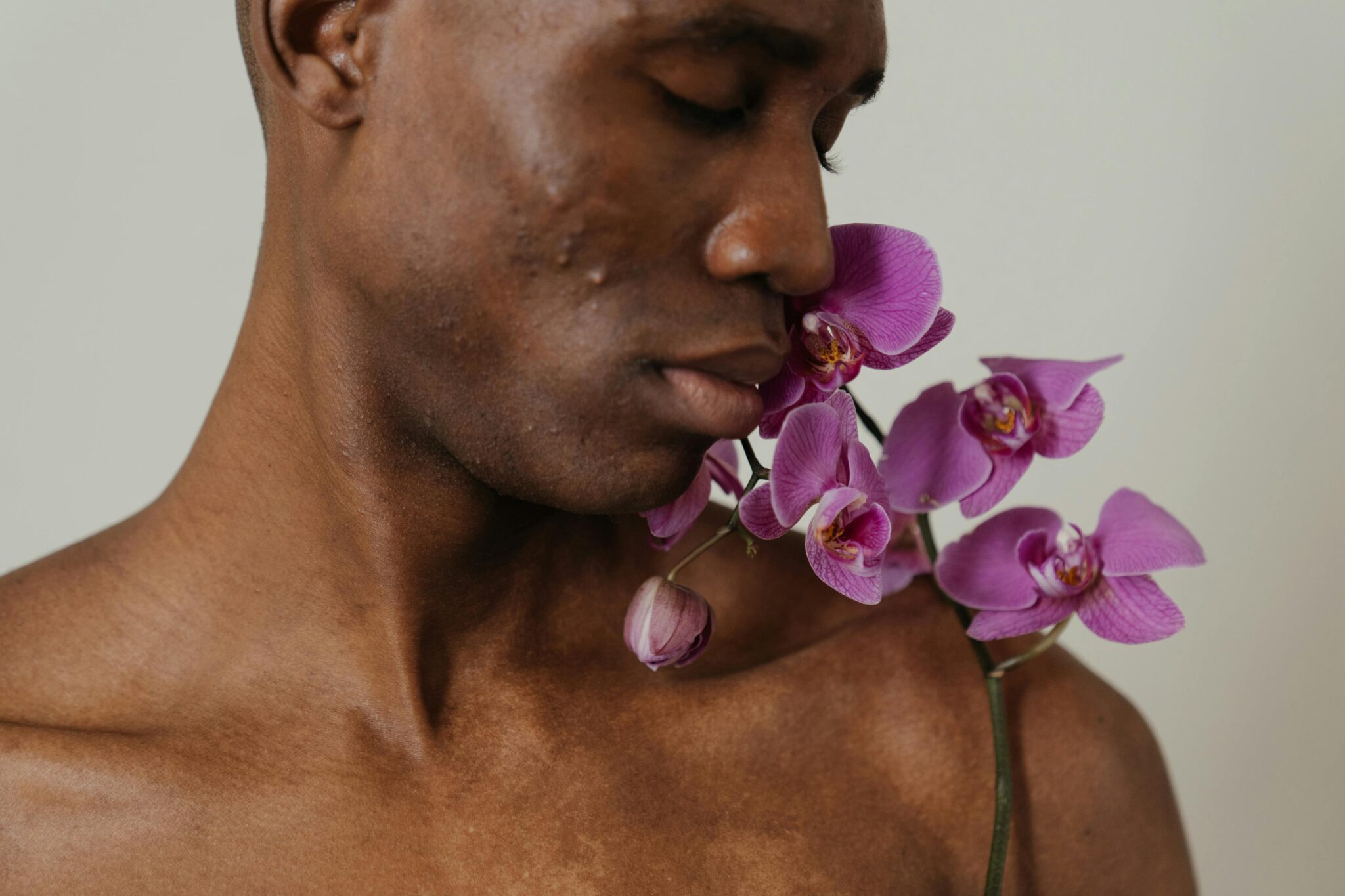

 By
Your Beauty Plug
By
Your Beauty Plug

Our skin is a reflection of our overall health, which is why glowing, beautiful skin often results from proper care, hydration, and eating a nutrient-dense diet. On the other hand, skin that is ridden with whiteheads, blackheads, and other types of pimples can indicate oxidative damage, poor nutrition, and hormonal imbalances — making it all the more important to find home remedies for acne.
From mild to severe, acne can cause painful and unsightly outbreaks on the face, back, chest, and even arms. Left untreated, acne can also lead to diminished self-esteem and long-term hyperpigmentation or scarring. Genetics, changing hormone levels, lack of sleep and stress are all contributing factors to acne.

The good news is this: many safe home remedies for acne, blackheads, whiteheads, and hyperpigmentation due to acne scars are all available. Acne is a skin condition that occurs when your hair follicles become plugged with oil and dead skin cells.
Below I’m sharing my favorite natural home remedies for getting rid of pimples and keeping them from returning.

Honey has been used to treat skin conditions, such as acne, for thousands of years. It contains many antioxidants that can help to clear waste and debris from clogged pores.
Doctors use honey in wound dressings because of its antibacterial and wound-healing properties.
How to use honey
Using a clean finger or cotton pad, rub a little honey into pimples. Otherwise, add honey to a face or body mask.

Many traditional medicine practitioners use garlic to treat infections and boost the body’s ability to fight germs and infections.
Garlic contains organosulfur compounds, which have natural antibacterial and anti-inflammatory effects. Organosulfur compounds can also help to boost the immune system, which helps the body fight infections.
How to use garlic
To fight the inflammation and infections caused by acne, people can add more garlic to their diet. Some people chew whole garlic cloves, rub it on toast, or make it into a hot drink.
People can also buy garlic powders or capsules from most grocery stores and natural health stores.
Although many online sources recommend that people apply garlic directly to pimples, this may cause further skin irritation. Garlic can burn the skin, so always use it carefully.

Jojoba oil is a natural, waxy substance extracted from the seeds of the jojoba shrub.
The waxy substances in jojoba oil may help to repair damaged skin, which means it may also help speed up wound healing, including acne lesions.
Some of the compounds in jojoba oil might help to reduce skin inflammation, which means it may reduce redness and swell around pimples, whiteheads, and other inflamed lesions.
How to use jojoba oil
Try mixing jojoba essential oil with a gel, cream, or clay face mask and apply it to acne. Otherwise, place a few drops of jojoba oil on a cotton pad and rub this gently over acne sores.

Aloe vera is a natural antibacterial and anti-inflammatory, meaning it may reduce the appearance of acne and prevent acne breakouts.
Aloe vera contains lots of water and is an excellent moisturizer, so it is especially suitable for people who get dry skin from other anti-acne products.
How to use aloe vera
Try cleaning the acne sores and then applying a thin layer of cream or gel with at least 10 percent trusted Source aloe vera content.
Otherwise, people can moisturize with gels or creams that contain aloe vera. These are available to buy from health stores or online.

Like other natural remedies, coconut oil contains anti-inflammatory and antibacterial compounds.
These properties mean that coconut oil may destroy acne-causing bacteria and reduce the redness and swelling of pimples. Coconut oil may also speed up healing in open acne sores.
How to use coconut oil
Try rubbing pure, virgin coconut oil directly to the area with acne. Look for coconut oil in the natural foods section of grocery stores or online.
IMPORTANT
Always talk with a doctor before using natural remedies for severe, chronic, deep, or painful acne sores. Also, talk with a doctor about minor acne sores that do not respond to basic care or continue to get worse.
Never miss an important update. Be the first to receive our exclusive beauty tips straight into your inbox.